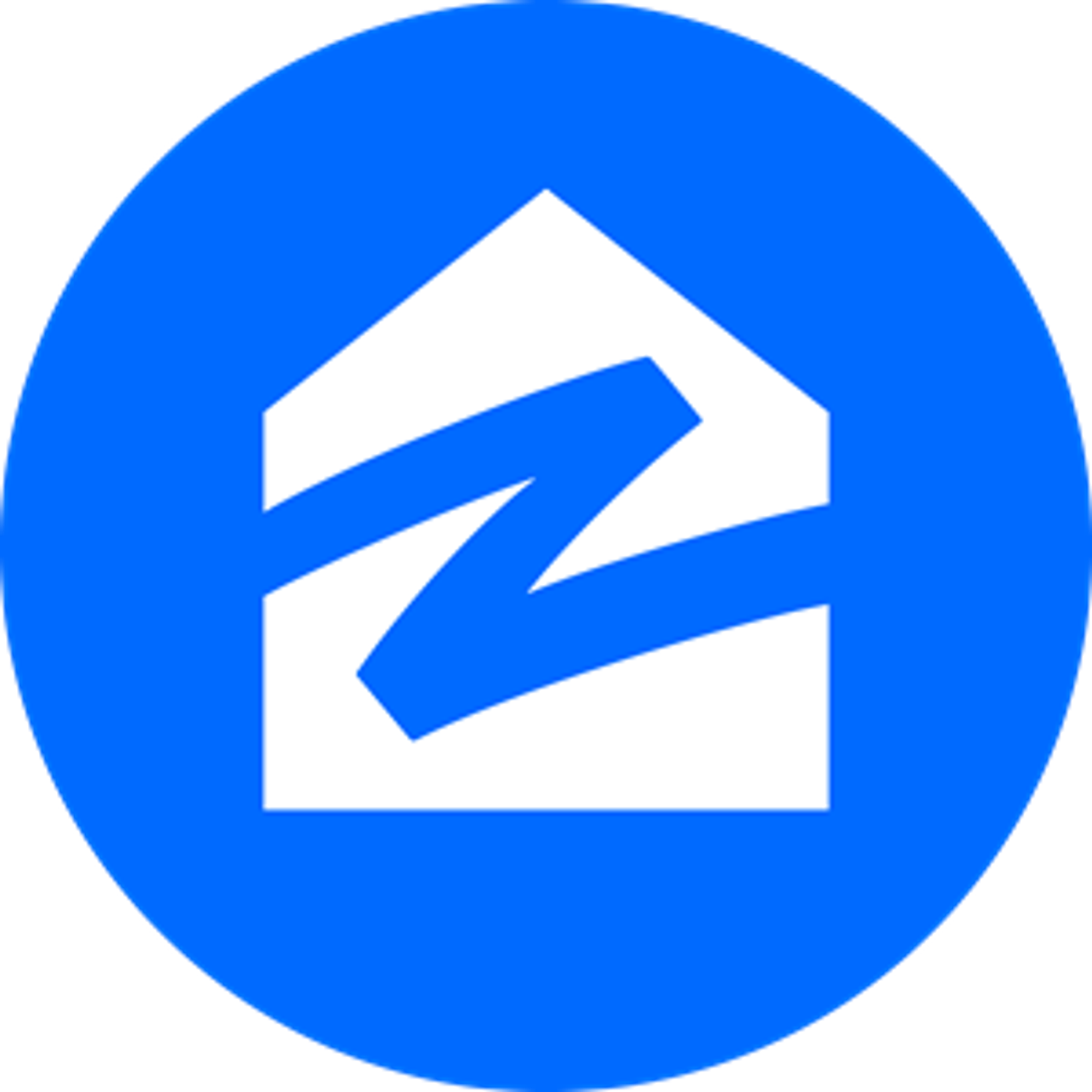Payment of closing costs is an indication that the home sale process is already at an end. Typically, if the buyer is using a mortgage, closing costs would be split between the buyer and the seller. However, in the case of a cash sale, who pays closing costs in a cash sale?
Who Pays Closing Costs in Cash Sale?
The buyer pays closing costs in cash sale, though there may be some required by the seller. Since payment is entirely with cash, there would be no closing costs associated with a mortgage lender. However, other costs would include survey, property inspection, notary costs, and title insurance. The seller might decide to cover some of these fees, but this isn’t mandatory.

What Are Closing Costs?
Closing costs refer to expenses that were incurred during the course of the home purchase or sale process. It excludes the actual price of the house, and typically includes fees like title search fees, earnest money deposit, escrow fees, cash to close, property taxes, title insurance, amongst others.
As of 2020, the Motley Fool estimated average closing costs are calculated to be around $5,479. However, two major factors that influence this figure are:
- The home value
- The location
Here are some of the major fees that sum up to the total closing cost mentioned above:
Appraisal Fees
An appraisal is necessary for the buyer to ensure that he’s buying a great property. One way to guarantee that you’re not overpaying for a house is to request an appraisal and include it in the purchase agreement. The payment for this is usually in the range of $300 to $400.
The appraisal itself could be done in minutes or a couple of hours depending on the property size. For the report, this might take a couple of days to compile. This is because the appraiser has to consider factors like:
- The cost of similar homes in the area
- The activity level of the local market
Depending on the outcome of the appraisal, you could either renegotiate the deal or go along with it. Here are the possible outcomes:
- The house is worth less than the price tag
- The house is worth the price tag
- The house is worth more than the price tag

Earnest Money Deposit
To show that you’re indeed intentional about purchasing the house, a payment known as the Earnest Money Deposit (EMD) is required. Usually, this payment would remain in escrow until closing. Two factors that influence the exact amount paid as EMD include:
- Economic factors, for instance, house demand in the specific area
- The terms stated in the purchase agreement
This would typically cost around 2% to 5% of the purchase price. To ascertain the specific amount, a professional flat fee realtor from CA Flat Fee can offer some guidance. You should consult with your realtor because they would be in the best position to determine what could be viewed as a competitive sum.
At the end of the sales process, the money comes out of escrow and is included in your payment at closing.
Escrow Fees
Otherwise known as the closing fees, these are usually held by the title company. The company is an independent third party in the process and would typically take charge of deed recording, paperwork, disbursing monies exchanged in the process, as well as the transfer of title.
Rather than pay a flat fee, escrow fees are usually a percentage of the home sales price and is determined by:
- Title company
- The neighborhood where the property is located
It typically ranges between 1% and 2% of the house’s price tag. Therefore, a property of around $400,000 sees escrow fees of between $4,000 to $8,000.
Homeowners Insurance
Buyers would have to pay the total yearly premium on their homeowners’ insurance at closing. This policy usually varies based on factors like:
- House location
- Size and value of the home
- Deductible to calculate on premium
- Coverage amounts
If your home is sited in an area that is prone to natural phenomena like flooding or an earthquake, your policy might list these as well to protect you against them.

Title Insurance & Title Search Fees
Title insurance is intended to serve as a form of safeguard for unforeseen title problems that may come up after you’ve taken ownership of the property. This one-time fee usually costs an average of $1,000 per policy.
In addition, the title search is a requirement by most states. The purpose is to ascertain that the seller is indeed the legal owner of the property. The title is done via public records and the average cost for a single-family home is between $75 and $250.
Further information such as potential undisclosed claims like liens and wills could be checked for too. All of these are necessary to verify ownership. If there are other things to be on the lookout for, your CA Flat Fee realtor would expertly guide you in these processes.
HOA Transfer
If your property is located in a neighborhood with an active homeowners’ association, your transfer fees could see some increase. Outside of annual dues that are non-negotiable, you would also be required to cover the cost of recording and distribution of paperwork by the HOA board.
Related Questions
Does a Cash Purchase Imply Lower Closing Costs?
No, a cash purchase doesn’t imply lower closing costs. While you might not be paying any fees associated with a mortgage lender, you would still be covering most of the costs. Unlike a mortgage deal where the buyer could negotiate with the seller to take up some costs, a cash deal might not see that flexibility.
Is a Cash Purchase Better Than One With a Mortgage Loan?
There are various factors at play here, ranging from whether you actually have enough money for a cash purchase to whether you actually want to part with such a huge sum. However, the bottom line is that your decision should be based on the long-term implications of a mortgage loan.
Conclusion
Purchasing a house in cash is a guaranteed way to avoid monthly mortgage payments. In addition, you avoid closing costs that accrue as a result of the mortgage process. However, you would still be saddled with most of the closing cost, but the upside is that you can get the seller to take on some.





